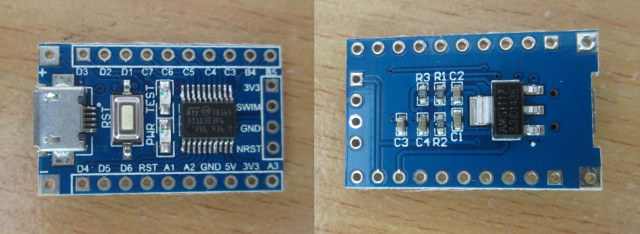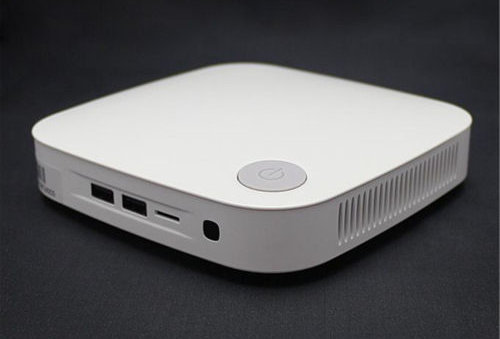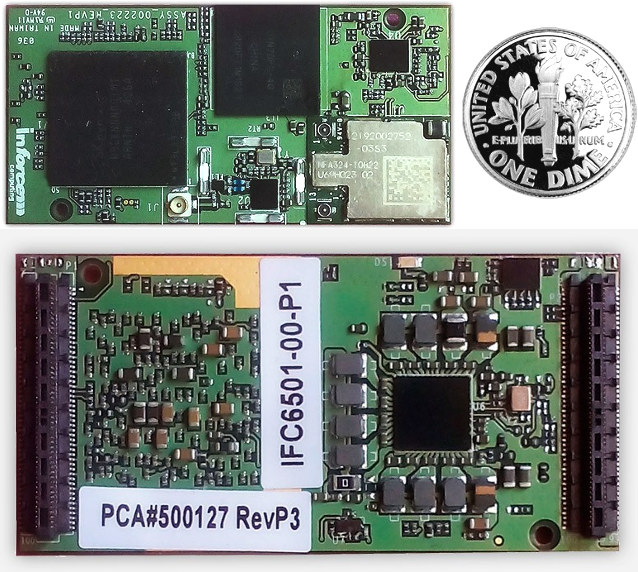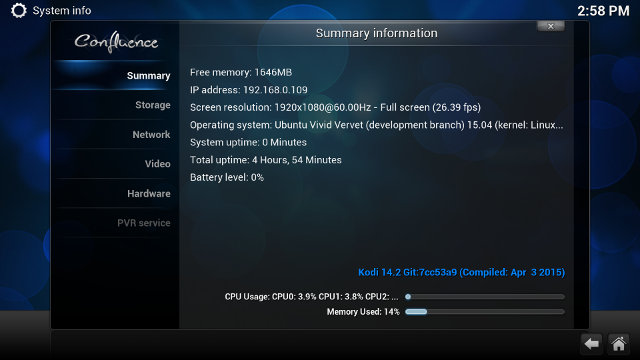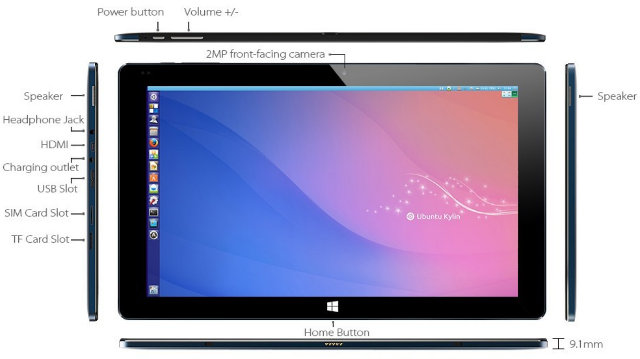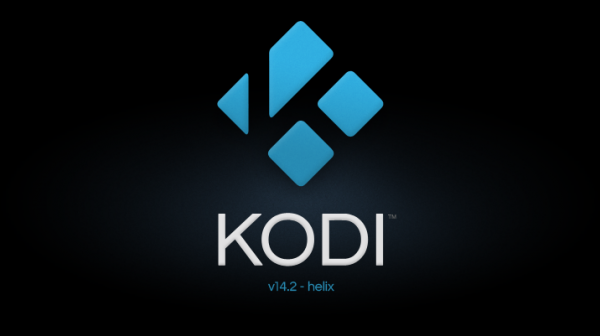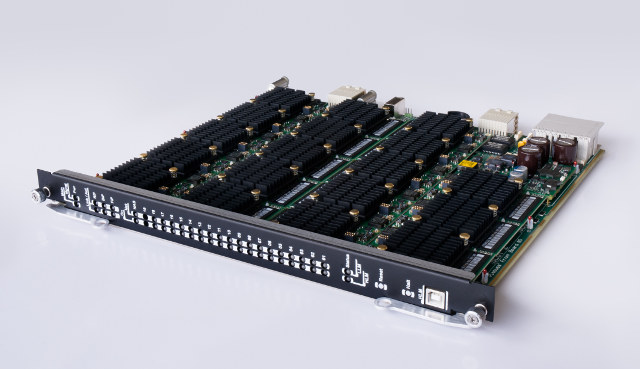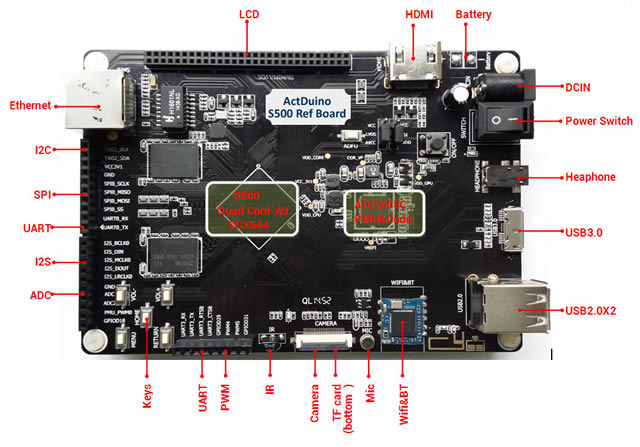In January, I discovered there was such thing as a one dollar development board based on STMicro STM8S103F3P6 8-bit MCU with 1KB SRAM, 8KB flash, and 640 bytes EEPROM, some GPIOs as well as I2C, UART, SPI, ADC, and PWM signals. Links to documentation and source code were provided, but development tools were only Windows based. However, one of my reader informed me SDCC (Small Devices C Compiler) supported STM8, and development in Linux should be feasible. So I decided to buy the board on eBay for $1.62, as well as an ST_link V2 programmer for STM8 / STM32 for $4.52 in order to flash the firmware. The board came pretty quickly, i.e. within 2 to 3 weeks. But due to a lost package, the programmer took nearly 3 months to reach me, as the seller had to re-send after I failed to receive it within 2 months. It comes […]
VX2 Celeron J1800 / J1900 mini PCs with 500GB Hard Drive Sell for $180 and Up (Promo)
CSQ CSW9 is an Intel Celeron J900 based mini PC with a 500GB HDD that normally sells for a little over $200 on Aliexpress once shipping is included. But today, as I found a list of Geekbuying Coupons via Google+, I noticed the device was listed on Geekbuying as VX2, and both Celeron J1800 and J1900 versions were available for respectively $179.99 and $189.99 after applying MYMVECMY coupon, which looks like a decent deals since a 500GB 2.5″ SATA drive costs about $45. Specifications listed on Geekbuying are mostly the same as for CSQ CSW9 except some difference highlighted in bold or stricken-through when removed: SoC – Intel Celeron J1800 dual core processor @ 2.41 GHz (base) / 2.58 GHz (burst), or J1900 Quad core processor @ 2.0 GHz (base) / 2.41 GHz (Burst) with Intel HD graphics (10W TDP) System Memory – 2 GB DDR3L 1066/1333 MHz Storage – […]
Inforce 6501 Micro SOM is a Tiny Module with Qualcomm Snapdragon 805 Processor
Inforce Computing has now launched Inforce 6501 micro system-on-module (SoM) based on the same Qualcomm Snapdragon 805 processor found on their Inforce 6540 pico-ITX single board computer. The module measures just 50×28 mm, and integrates up to 3 GB RAM, up to 16 GB eMMC, and Bluetooth, Wi-Fi and GPS connectivity. Inforce 6501 specifications: SoC – Qualcomm Snapdragon 805 (APQ8084) quad core Krait 450 processor up to 2.7 GHz with Adreno 420 GPU, and Hexagon DSP V50 up to 800 MHz System Memory – 2GB to 3GB PoP LPDDR3 @ 800 MHz; 2×64-bit 26.5GB/s memory bus Storage – 4GB eMMC v4.5/v5.0, with options up to 16GB Connectivity – Bluetooth 4.1 & 2×2 dual band 802.11 b/g/n/ac Wi-Fi (QCA6174), and GPS (QCA1530) Peripherals and I/O via two 100-pin SoM connectors: Video / Display – 1x HDMI 1.4a, 2x MIPI-DSI (4-lane) & touch screen, Audio 4x Line out, 3x Mic-in, 1x headphone […]
Kodi 14.2 Linux Tested on MeLE PCG03 with Ubuntu 15.04
I’ve already tested Kodi 14.1 on MeLE PCG03 running Windows 8.1, with the Intel Atom Z3735F device performing greatly for 1080p videos, working DTS and Dolby pass-through (no HD Audio though) and automatic frame rate switching working at all frequencies I tested. Later I installed Lubuntu 15.04 on the mini PC, and I had planned to test Kodi 14.x in Linux to compare the performance in Windows 8.1. Unfortunately, I did not manage to mak HDMI audio, nor the audio jack work in Linux, so instead I purchased a cheap USB sound card from DealExtreme for around $2 US, and connected a pair of USB powered speakers to enable audio output. The USB sound card performs pretty well, and out of the 80 or so videos I used for testing, only one had some saturation issues likely due to the sound card itself. I installed Kodi 14.2 using the recommended […]
Cube i7-CM is an Ubuntu Tablet Powered by Intel Core M-5Y10 Processor
Alldocube is a Chinese company known for its Cube Android tablets, and more recently, it has launched some Windows 8.1 tablets. The company has now announced its first Ubuntu tablet with Cube i7-CM featuring a recent low power Broadwell-Y Core M-5Y10 processor. Cube i7-CM tablet specifications: SoC – Intel Core M-5Y10 dual core / four threads processor @ 800 MHz (Burst freq: 2.0 GHz) with 4MB cache, and Intel HD graphics 5300 (4.5W TDP) System Memory – 4GB RAM Storage – 64GB eMMC + micro SD card slot (up to 32GB) Display – 11.6″ capacitive touchscreen; resolution: 1920×1080; 10-point touch. Video Output – micro HDMI Audio – 3.5mm headphone jack, dual speaker, microphone, and HDMI Connectivity – Wi-Fi 802.11 b/g/n + Bluetooth 4.0 Cellular (Data only, single SIM card slot) 4G – FDD-LTE Band 1/3/7 & TDD-LTE 38/39/40/41 3G – WCDMA:900/2100MHz 2G – GSM:850/900/1800/1900MHz Camera – 5MP Rear camera, 2MP front-facing camera […]
Kodi 14.2 Final and Kodi 15 Alpha 2 Released
Kodi developers have recently announced two release for Kodi: the stable version of Kodi 14.2 Helix, which should be the last Kodi 14 release, and Kodi 15 Alpha 2 Isengard with some interesting new features. Since Kodi 14.2 is a minor release, no new features have been added, but they fixed several bugs: Application stopped responding on Windows Gap-less playback on MP3 Playback of rtmp protocol Scanning of newly added episodes Fix multipath source scanning Loading external subtitles in some cases packaging of PIL module on Android. This fixes some script error when using weather add-on Fix video playback on all platform after refresh rate change Various bugs that were present in PVR add-ons. Save weather location Fix filtering of foreign add-ons ftps handling Use LastWrite instead of ChangeTime for file system on Windows As usual, you can download the release via Kodi download page for Windows, Linux. Mac OS […]
Scaleway Provides Dedicated ARM Servers for 10 Euros per Month, 0.02 Euro per Hour
Earlier this year, Online Labs launched a beta hosting program using custom-designed C1 dedicated servers powered by Marvell Armada 370/XP quad core processor. The company has now launched a commercial service called Scaleway providing hosting service on these baremetal servers for 9.99 Euros per month, or 0.02 Euro per hour, as well as a “Infinite Storage” service with 1GB data for 0.02 Euros per month. Here are the details of the 10 Euros plan: Server based on Marvell Armada 370/XP quad core ARMv7 processor Memory – 2GB Memory Storage – 50GB SSD Disk 1x Reserved public IPv4 200Mbit/s – Unmetered bandwith Operating Systems – Ubuntu, Debian, Fedora, ArchLinux ARM. Docker supported. That’s not a VPS, but a dedicated server. For reference, I currently pay around $20 per month (Linode) for a server with an Intel Xeon E5-2680 dual core processor with 2 GB RAM and 50 GB SSD storage, and 3 […]
ActDuino S500 Development Board Features Actions Semi S500 Quad Core Processor
Actions Technology is a subsidiary of Actions Semiconductor SoC vendor, that makes solutions based on Actions Semi SoCs, and recently joined Linaro. The company is said to focus on “focuses on solutions for smart handheld and smart home devices. Its main products are tablet, over-the-Top (“OTT”) set-top boxes and Bluetooth enabled boombox solutions, along with total product and technology solutions based on the Android platform”. We already know it will soon release a 96Boards compliant board, but in the meantime, the company has officially launched Actduino S500 development board powered by a new S500 quad core Cortex A9 processor. I actually found out about this board on ARMDevices.net last October, and sent an email asking for information to the company, but I have not received an email yet after 6 months… At the time, the processor was called ATM7059, but now it’s S500, and it’s unclear if they just renamed […]


